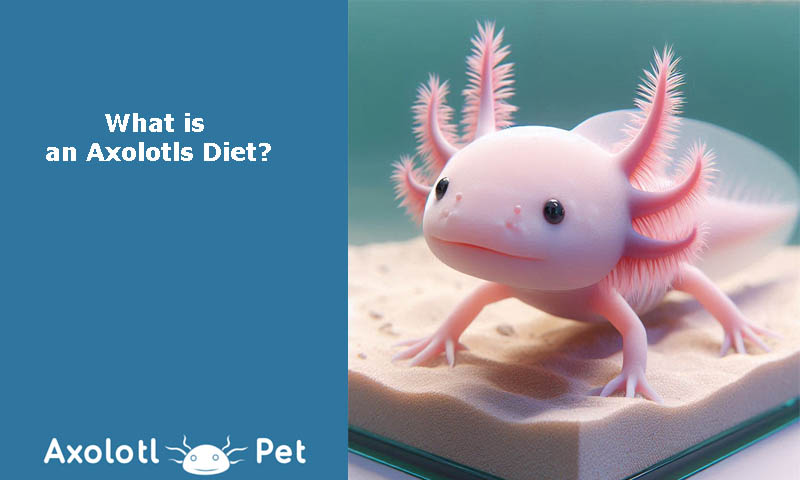What is an Axolotls Diet?
Axolotl diet is a vital component of their care, primarily consisting of live or frozen food items that are suited to their developmental stage. Below is a detailed breakdown of their dietary needs:
Diet for Juvenile Axolotls
Juveniles require small, protein-rich foods that are easy to digest. Key options include:
- Brine Shrimp: These tiny crustaceans are an excellent food source for baby axolotls due to their size and digestibility.
- Blackworms: Rich in protein, these segmented worms are ideal for promoting growth in young axolotls.
- Daphnia: Also known as water fleas, these tiny crustaceans provide additional protein and are well-suited for juveniles.
Diet for Adult Axolotls
As axolotls mature, their diet expands to include larger food items that meet their nutritional needs. Common choices are:
- Earthworms: A staple in an adult axolotl’s diet, earthworms are packed with essential nutrients.
- Bloodworms: High in protein, these small red worms are a popular food option for adult axolotls.
- Nightcrawlers: These large earthworms can be cut into manageable pieces, making them a nutritious choice for adult axolotls.
- Small Fish: Guppies or minnows can be offered occasionally as a treat, but they should not make up the bulk of the diet.
- Commercial Axolotl Pellets: These pellets are a convenient option but should be supplemented with live or frozen foods for a balanced diet.
Key Considerations for Feeding
To ensure the health and well-being of your axolotl, it’s important to follow these guidelines:
- Appropriate Food Size: Always provide food that is no larger than the width of the axolotl’s head to prevent choking hazards.
- Feeding Frequency: Juvenile axolotls need to be fed daily to support their rapid growth, while adults can be fed every other day or every two days.
- Water Quality: Maintaining clean water is essential for axolotl health. Remove uneaten food promptly to prevent water contamination.
- Dietary Variety: Offering a diverse range of foods helps to prevent nutritional deficiencies and keeps the axolotl engaged with its meals.
By providing a diet tailored to their developmental stage and ensuring a variety of nutritious options, axolotls can thrive and maintain optimal health.




-0 Comment-